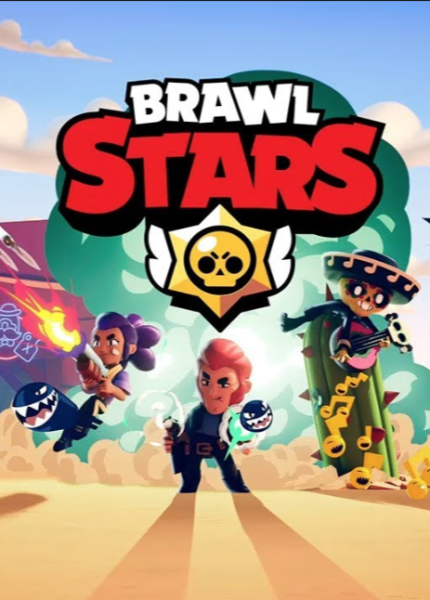Trend game "Brawl Stars" - what parents should know
With the real-time strategy game Brawl Stars, the developers pick up where the top-selling predecessors "Clash Royale" and "Clash of Clans" left off. Provider Supercell specifies a minimum age of 13 for its games. A detailed game description and pedagogical assessment of Brawl Stars can be found at Spieleratgeber-NRW.
What is the appeal of games like Brawl Stars?
- Accessibility: Brawl Stars can be downloaded free of charge from the various app stores (USK clearance from 6 years).
- Gameplay: The game rounds are short and lead to quick successes. Well-known and popular game modes, such as the Battle Royale mode, are used in Brawl Stars.
- Incentives: For winning rounds, players receive various rewards in the form of tokens or coins, which can be used to unlock "lootboxes" (packages of loot). This provides a constant incentive to keep playing in order to open the next box as soon as possible in the hope of gaining game advantages or new "brawlers" (players). Wins also earn you trophies and allow you to advance in a league.
- Cooperation: Brawl Stars can be played in a team. The collaborative sense of achievement with other players contributes to a positive gaming experience.
>> More on the topic: What makes digital games so appealing? What are the risks and what should be discussed with children?
- Excessive gaming - limiting playing time: The many incentives in the game (rewards, lootbox mechanisms) can cause excessive gaming behavior. Not to be underestimated is the social pressure children feel when they play as part of a team and have to complete certain tasks in the game in order to win. Children who develop a high level of ambition when playing run the risk of succumbing to their pressure to succeed by playing constantly. It is important to accompany young players attentively in everyday life in order to recognize possible signs of excessive gaming behavior in good time. Make sure that they adhere to fixed playing times. A media usage contract negotiated by the family can be helpful. Push messages that keep reminding children to play can simply be turned off on the device.
>> More on the topic: Addiction and dependency with digital games.
- Limit or prevent in-app purchases: To advance the flow of the game, game benefits can be purchased through paid in-app purchases(microtransactions). However, the lootbox mechanism does not always guarantee that the desired advantage will occur. This mechanism can be compared to the familiar sticker bags in scrapbooks, where you don't know in advance whether existing stickers will be purchased. Therefore, define whether and to what extent in-app purchases may be made at all, with which payment methods and upper limits (e.g. pocket money). If you do not want to allow in-app purchases, you can prevent them on the device.
- Cyber-grooming or cyber-bullying - communication rules: In Brawl Stars, players can play together with friends, create clubs or join clubs. Chatting is not the main focus of the game, but there is still a risk of contact being initiated by other players due to the chat function in the clubs. Cyber bullying can also occur in the context of chat communication. Therefore, discuss the most important rules for digital communication with your child.
>> General tips for parents on the subject of digital gamesFurther information
- klicksafe topic area: Digital games
- klicksafe topic area: Apps
- Handysektor: Video "Brawl Stars in an app test
- Supercell: Parents' information about Brawl Stars
- Spieleratgeber-NRW: Game review Brawl Stars

